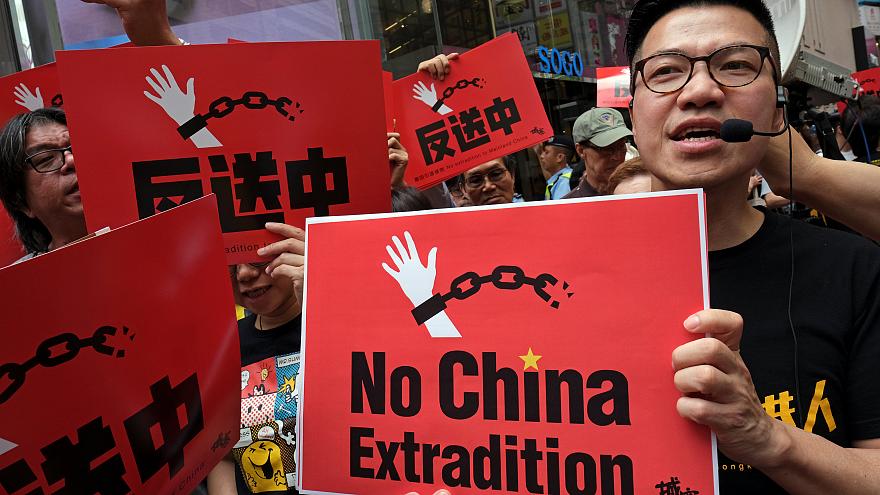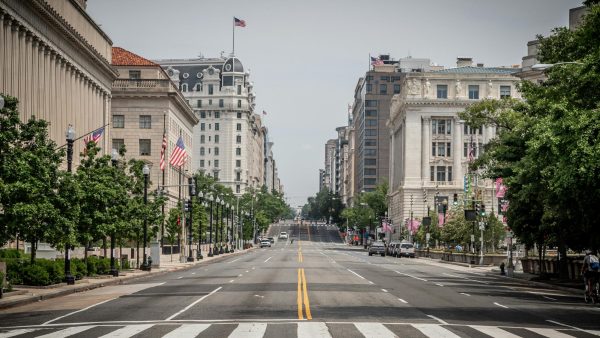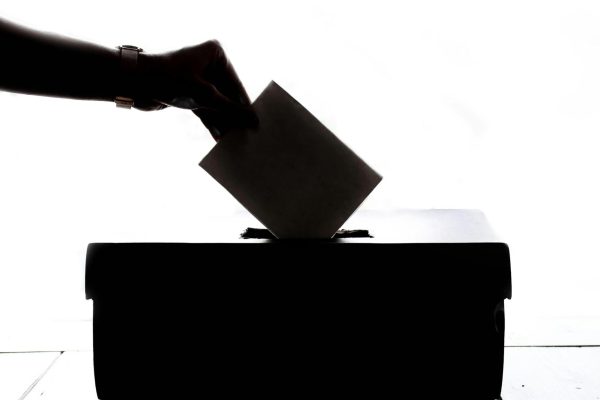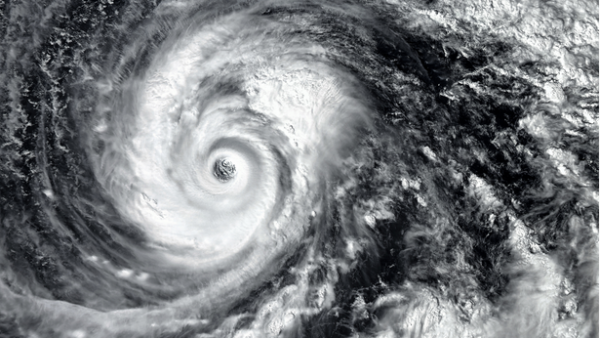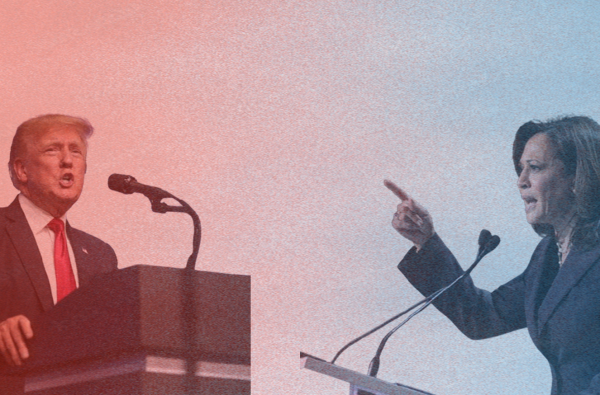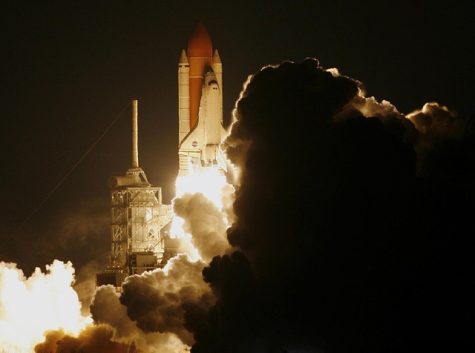Protests erupt in Hong Kong
Hong Kong is once again reminded of its countdown on Democracy
“Step down, Carrie Lam!” shouted protestors, challenging a new plan that would make it easier to extradite suspected criminals to the Chinese mainland, where they could be prosecuted in secretive courts.
Carrie Lam, the city’s Chief Executive, remained steadfast. Because of case where a young Taiwanese man murdered his girlfriend, she and her administration called it vital in tying up long standing legal loopholes so the man may be tried in his home country. Hong Kongers, however, claim the deal would erode their freedoms.
“If the ordinance is passed, I won’t be allowed to leave, because I have been charged with a crime and am wanted for it,” said Lam Wing-kee shortly before fleeing Hong Kong. Lam smuggled politically irreverent literature into the city and, in 2015, disappeared. He resurfaced months later, saying he was kidnapped by the Chinese government. He is currently seeking residence in Taiwan.
Veteran activist and legislator, Leung Kwok-hung, said the deal would risk stripping Hong Kongers of their “freedom from fear.” The fear Leung references is a persistent anxiety felt by many mainland Chinese, who, living under the normal Chinese system, experience oppressive rules on free speech, expression, and behavior in public and private spaces.
Protestors bore umbrellas as they marched, harkening back to pro-democracy protests in 2014 which were sparked by another set of proposed rules placing the selection of future candidates in Hong Kong elections under the control of Beijing. Those protests, dubbed the “Umbrella Protests,” were successful in that they stalled passage of the reforms.
The increasing intensity and frequency of large protests in Hong Kong is no accident. The city’s democracy is on a timer, and Beijing has been trying to ensure it stick to it.
In the early 1980s, China’s ranking Communist member Deng Xiaoping instated a constitutional principle he called “One Country, Two Systems.” It said, following the reunification of China, the country could maintain different governmental systems. So when the UK relinquished control of Hong Kong in 1997, the city kept its government. It was allowed to remain democratic and could maintain high levels of autonomy, with one caveat: After 50 years, “One Country, Two Systems” would end. What happens after that period was never clarified, but it’s now clear Beijing has very particular plans for Hong Kong.
The end of Hong Kong’s democracy is a frightening thought. It has its own currency, on of the most valuable in the world. It is capitalist, maintaining a free market despite existing under the thumb of socialist China. And it is politically liberal, respecting civil liberties, democracy, and free information. Once “One Country, Two Systems” ends, that may all come to an end.
For protests in Hong Kong, the fight will continue. At an event in 2018 to remember the 1989 massacre in Tiananmen square, Wong Nga-man, a student at Hong Kong Baptist University, said, “I want to show that there are still young people like myself who believe in the values of the vigil, for the Tiananmen crackdown and democracy.”
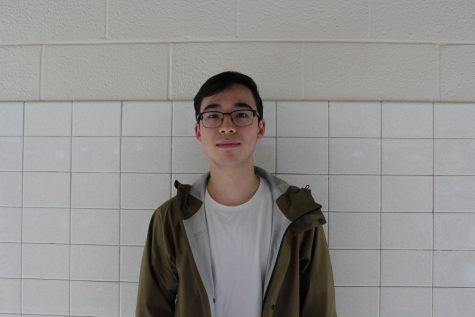
I'm Jake Neuffer, the 2018-2019 Outlook Editor in Chief. I try to write about politics, international relations, and culture whenever I can. I write about...



